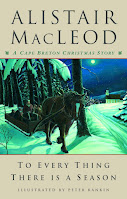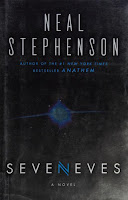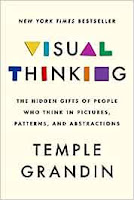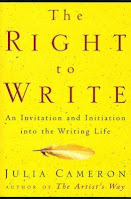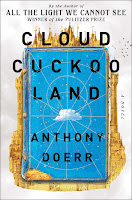Flight of Dreams by Ariel Lawhon
A riveting Hindenberg story, well-researched and plotted and filled with characters you anxiously hope will survive this ill-fated flight.
The plot is fictional but the characters are named for actual passengers and crew on the flight and some of their personal details are factual. The author took the bones of a real event, constructed a plot and fleshed out characters to give us one possible scenario of how the disaster could have unfolded. No official reason for the explosion was ever given and this story is pure speculation, but it is very well done.
The inner workings of the airship are described - in just enough detail - so we can see what held it all together behind the elegant surroundings the passengers experienced. At 16 stories high and 804 ft long, it was the largest aircraft ever built. I was surprised to learn it been in service for a year - for some reason I'd always thought its last flight was its first - before the fatal flight that destroyed it and ended the era of zepplins for good.
Another thing I learned - and this is why I like historical fiction - is that zepplins were a key component of Hitler's air force and, had the Hindenberg not gone down, might have given Germany the edge in the battle for the skies.
The main characters, whose points of view we get in alternating sections, are The Navigator, The Stewardess, The Cabin Boy, The Journalist, and The American.
The Navigator, Max, is intelligent, good at his job, and sweet on the Stewardess. He quite by accident discovers a secret she'd intended to keep hidden, and is alarmed to find that the gun he'd been issued as an officer of the crew is missing.
The Stewardess, Emilie, has the distiction of being the first female flight steward ever hired. Grieving the loss of her husband and hesitant to care that deeply again, she has allowed herself to flirt with Max, but no more. Besides, she has a secret, and and the hidden documents in her cabin could get her into serious trouble at work and with the German government.
The Cabin Boy, Werner, 14, has a crush on a pretty passenger, knowing in three days they'll be landing and he'll never see her again. The youngest member of the crew, he wants to prove himself a man to gain the respect of the others. He gets into a number of precarious situations when he is blackmailed into doing favours for people who want to know what he knows.
The Journalist, Gertrud, and her husband, Leohnard, are going to America for a book tour at the insistance of the Nazi government. Forced to leave their infant son at home as a guarantee of their return, she worries that after a three month separation he may not remember her. Gertrud's keen observational skills tell her some things are not quite what they seem aboard the airship, and her insatiable curiosity leads her into situations even she couldn't have imagined.
The American grieves the loss of his brother and is intent on two things: getting revenge on the man aboard this aircraft who is responsible for his brother's death, and making sure Hitler's fleet of zeppelins is stopped from becoming the most powerful airforce in the world.
As you begin to feel a connection with the characters, the tension ratches up. You know that 35 of the 97 people on board will die. That's a historical fact that won't change just because you know these people now and want them to live their lives. And in case the question of who dies is not enough to make you hold your breath, each chapter heading tells you how much time is left till the explosion. About halfway in, it becomes a real page-turner. I tried to wrench myself away to get some sleep - on the page that said "7:03 pm - twenty-two minutes until the explosion" - but sleep was wishful thinking at that point and I ended up back in the living room reading again.
Now, having finished, I wish I hadn't read it so quickly. You know that feeling of closing a book and feeling the loss of the world created between the covers? I miss this one. It's a well-written enlightening story, inevitably sad in the end but immensely entertaining in the reading.





